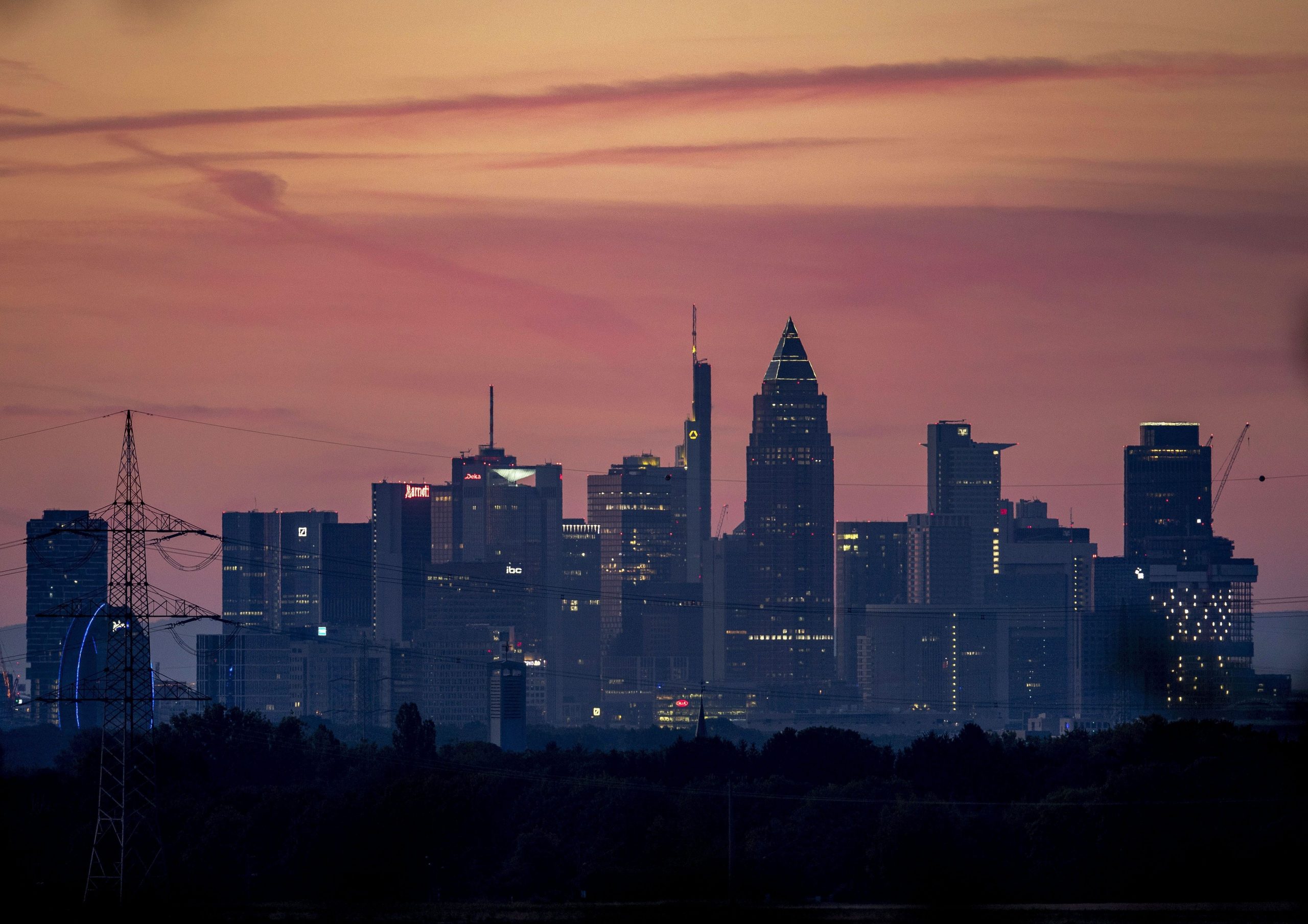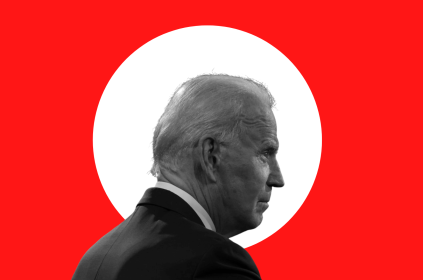FRANKFURT — Germany’s economy took a massive hit during the pandemic shutdowns, shrinking by 10.1% per cent during the April-June period from the previous quarter, the official statistics agency said Thursday.
It was the biggest drop since quarterly growth statistics began being compiled in 1970. The plunge far exceeded the previous worst-ever recorded performance, a fall of 4.7% in the first quarter of 2009 during the global financial crisis.
Tough pandemic restrictions shut down everything from taverns to auto dealerships. The country has cautiously reopened and the economy has started bouncing back but economists say it is far from the pre-pandemic level and won’t reach break even until 2022 at the earliest.
Economist Carsten Brzeski at the bank ING Germany said the recovery would be “a long ride.”
“This picture shows the deepest but also the shortest recession ever,” Brzeski said. “All monthly indicators since May have already pointed to a strong rebound of economic activity in the course of what has been the worst quarterly performance ever.”
The government has enacted a multibillion-euro stimulus package of emergency loans, credit guarantees and tax breaks to cushion the impact.
The German data release comes ahead of expected figures for Italy, France and the 19-country eurozone as a whole on Friday. Those numbers are likewise expected to be dismal.
David McHugh, The Associated Press
















